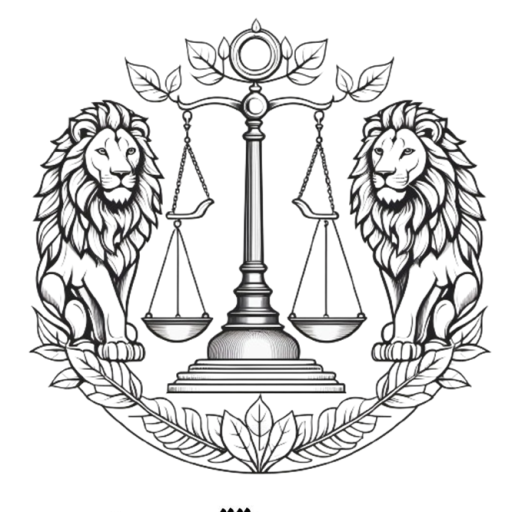Amirali R. Davoudpour
Iranian Canon of Medicine and Law, Administrative Wing of Law and Healing association, Iranian Watchdog of Medicine and Law, Tehran-Iran
Email of the corresponding author: davoudpour@canmedlaw.org
Accepted and published August, 2024 , DOI: https://doi.org/10.5281/zenodo.13186721
This article is published under CC BY creative common license that Allows others to distribute, remix, adapt, and build upon the work, even commercially, as long as they credit the original creator.
Abstract
Iran’s political landscape has long been shaped by the prominent influence of religious leaders, notably the Ayatollahs and Hojatoleslams, deeply rooted in Islamic Shia Hadith without solid ground in the canonic Holy scripture Quran. This leadership style emphasizes struggle and confrontation as integral components of governance, distinct from secular models prevalent elsewhere. This article explores the implications of this distinction, focusing on historical context, theological foundations, and potential trajectories toward secular governance in Iran.
Keywords: Theology, Governance, Hadith, Secular governance
